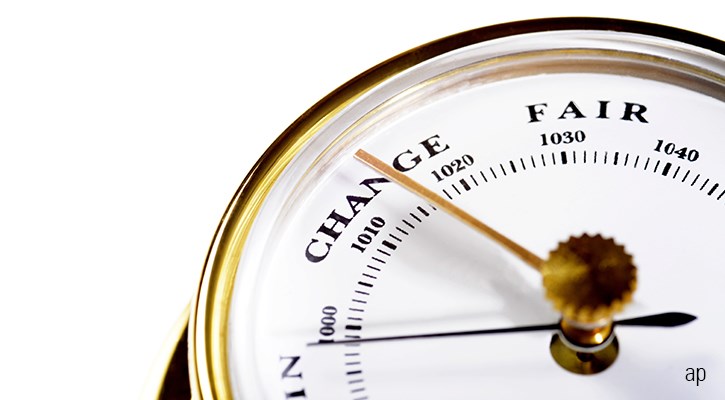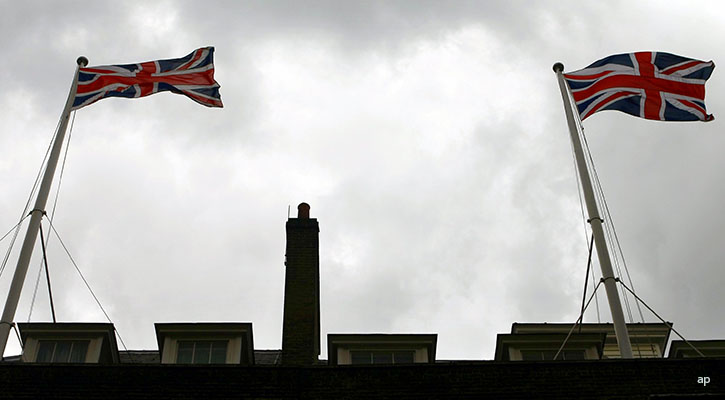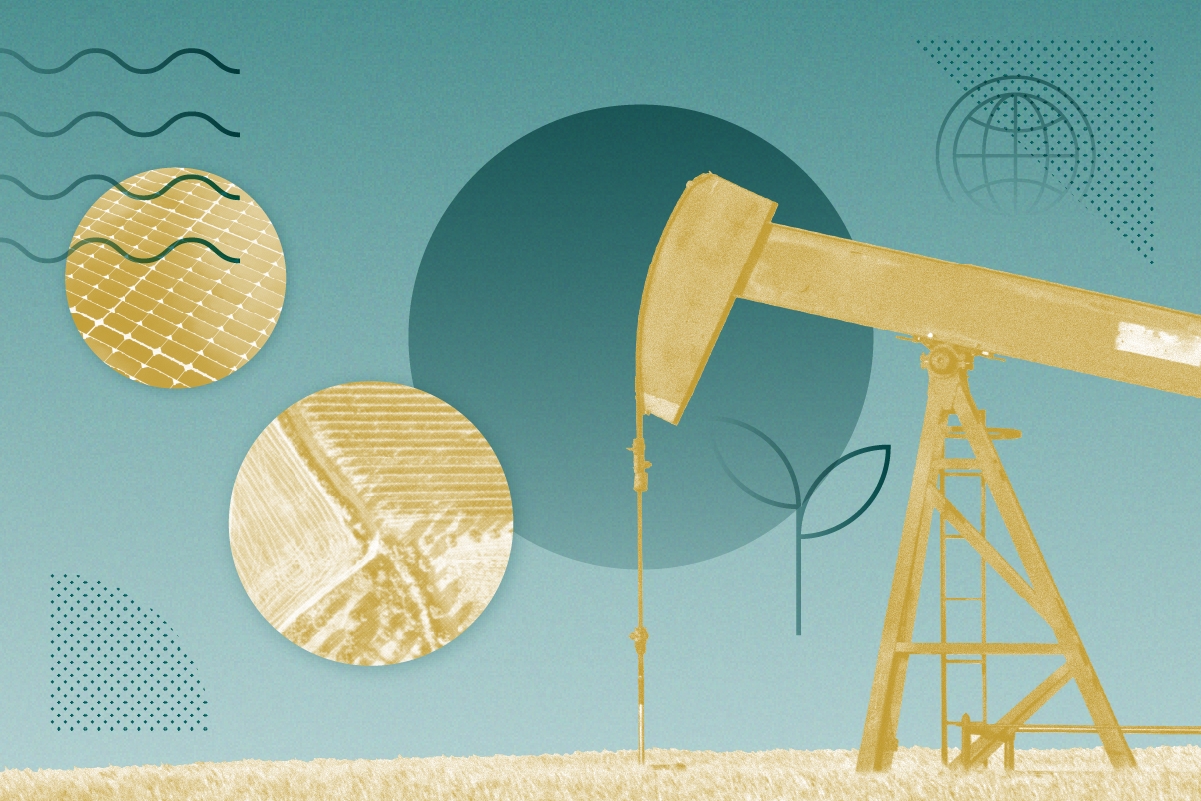
The world cannot rely on "good leaders" as we move towards a green transition, according to Leo Johnson, head of disruption and innovation at PwC.
Delivering the keynote at the Morningstar Investment Conference (MIC) UK, Johnson outlined the scope for what he calls a "radical transition" away from fossil fuel wealth creation, towards a low carbon and inclusive model of growth.
But he also outlined the "unexploded bombs" that could go off if the global economy does not undergo a green transformation, and the likelihood of this happening.
The PwC executive, who also presents Radio 4’s Hacking Capitalism, gave a theory that there are two types of world leaders. First come the "bad" ones. "They’re fine because they get sacked, so if you’re one of them, no problem," Johnson said.
Then there are the "good" leaders, those who follow the rule book and are interested in risk management, but they are not the ones to be trusted with the world's efforts to avoid climate disaster, he claimed.
"The real worry right now is the good leader […] who looks at this situation and decides that, in this car heading over the cliff, what I need to do is invest in better seats. I need to improve the fuel efficiency of the engine. I need to do nothing to change the fundamental structure of the car. What I need to do is sustain the direction and sustain the leader that we’ve all been taught to be."
Doom and Gloom
On the economic side, the world currently has record high household, corporate and sovereign debt. As the world moves towards a higher interest rate environment, some debt will become unsustainable. About 21% of SMEs are "zombies" that would crumble under debt with just 1% interest rate hikes, Johnson claimed.
“I think we have an unexploded volcano there, which, if interest rates go up, is going to be economically tough," he said.
"The real risk is that lower-income groups in the UK and internationally are going to be facing a triple-whammy. There is going to be more payments on debt service coverage. It's going to be more payments on food on energy on basics as inflation goes up. And, of course, it’s going to be suffering the cutback of government services as they themselves are trying to make it.
"It’s a very basic idea; as interest rates go up, who wins? Who loses? The people with the money win, therefore the people without it, already facing debt, they are the ones burdened with the charges."
An Environmental Cliff
Finally, the challenge of environmental and climate change demands fresh thinking. Rising pH levels essentially mean acidification is killing marine life and plankton, and ecosystems are reaching tipping points.
"We are in this car that we appear to know is headed in the wrong direction – kind of slightly towards the cliff. It’s a very interesting failure of collective action. Whose ability is it to get behind the steering wheel and do something differently?" he asked.
And, while good leaders are ones to avoid, Johnson outlined that much-vaunted third option: technology.
Looking at transport, energy and food – which accounts for about 90% of carbon – there are technologies like perovskite solar glass, electric vehicles, [and] fermentation," he said.
"These could all be runaway solutions if it were not for fossil fuel subsidies ($5.9 trillion, according to the IMF) directly or indirectly given annually to keep fuel prices low and to keep pensioners out of fuel poverty. That incentive system locks out those disruptors and locks in that fossil fuel world."
If that's too gloomy, Johnson did have a word of optimism. What he called the "regulatory vortex", formed of more than just public policy makers and quango regulators, is starting to form, albeit slowly. That, he said, would allow technology to slowly become cost effective.
"At that point, the regulator can say with an easy heart: 'OK, I'm withdrawing the subsidy, because it's not needed'. And at that point, I think we’ll see real acceleration."
"We’re at a point of transition between the system no longer working, and one which does not yet fully exist, where we can see the blueprints of it starting to form. And I think it’s up to us, with our businesses, just to do what we can in ourselves, and the people around us, to remind us that we have got that intent and to try to find the tiny things to put into action."



























